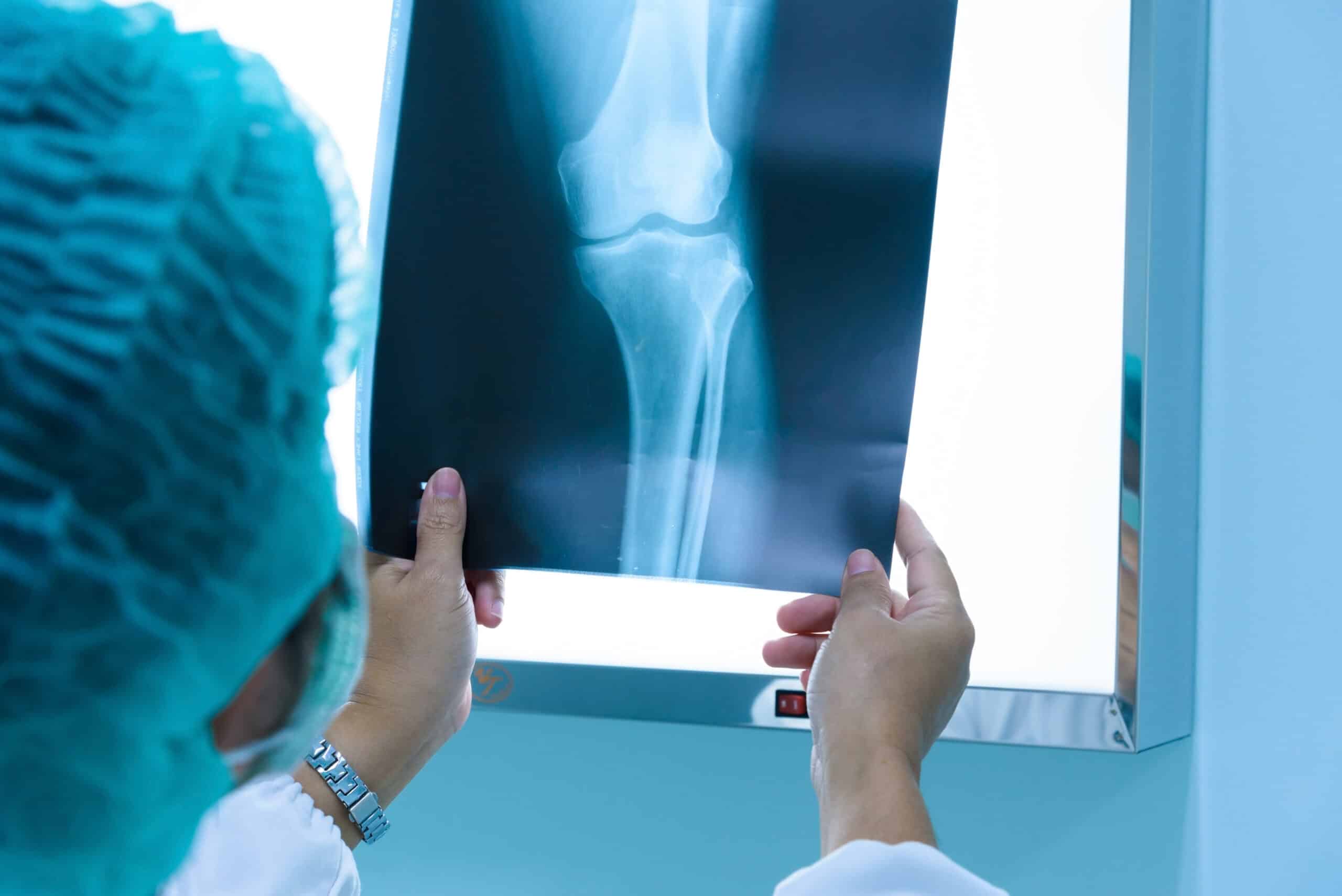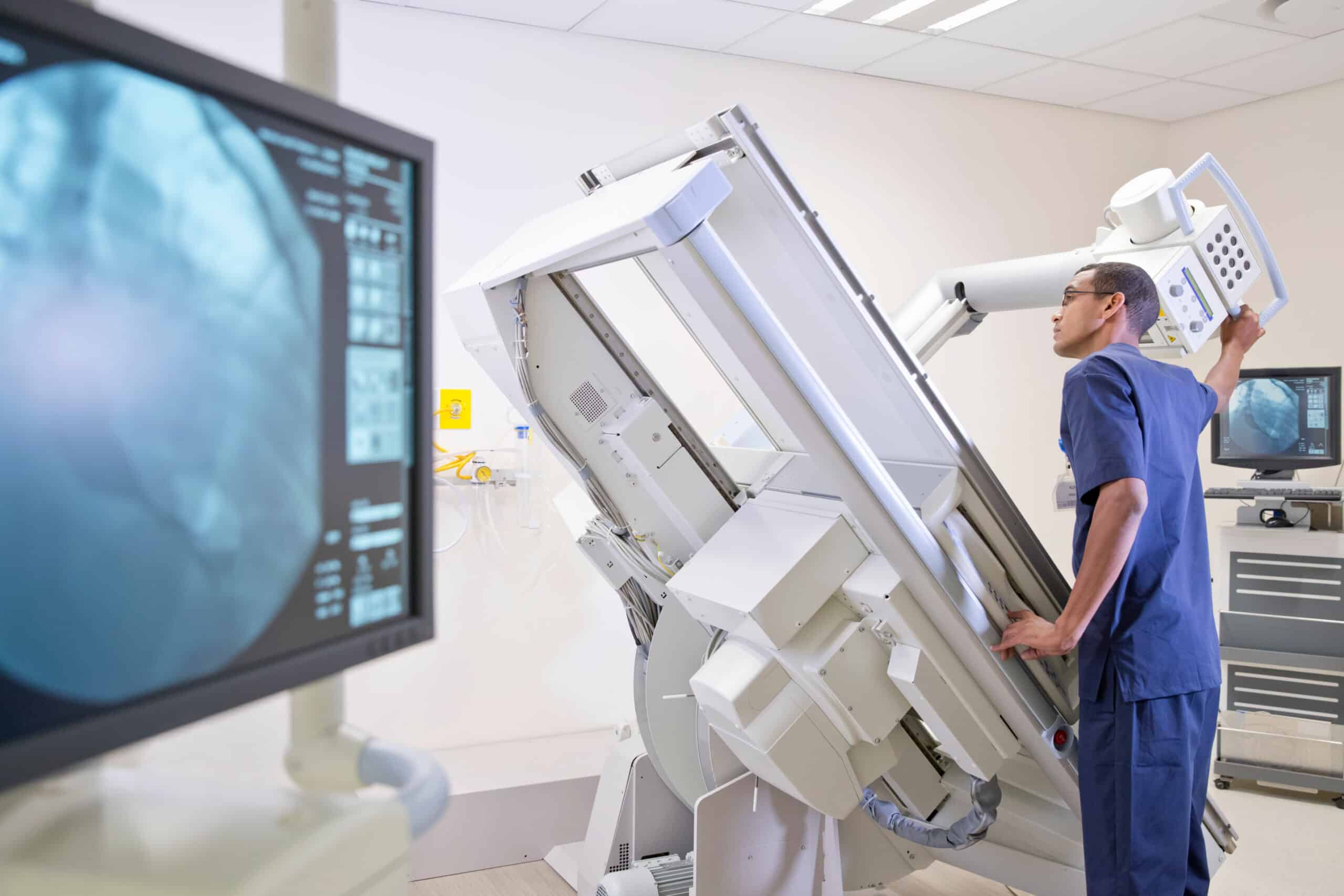
Allied healthcare jobs are more in demand than ever, with the National Center for Health Workforce Analysis (NCHWA) projecting a significant shortage of allied workers over the next 15 years.
Learn more about why we’re seeing a growing need for allied health services and which allied healthcare professions are needed at healthcare facilities now.
Allied health professionals provide therapeutic, diagnostic, and technical services, making them invaluable to patient care, especially for preventative health services. With a growing elderly population in the U.S. and continual advancements in medical technology, the demand for allied health services continues to rise.
Allied health workers are in demand everywhere, but the need is strongest in areas with smaller talent pools and fewer resources, such as rural communities. Here are a few places where allied healthcare travelers are needed most.
According to the National Institutes of Health, aging communities are among the fastest-growing populations in rural areas across the country. Combined with the fact that two-thirds of health professional shortage areas (HPSAs) are rural, this translates to higher demand for allied professionals at rural critical access and community hospitals.
Given that general hospitals provide holistic care, allied healthcare is an essential part of many services provided at such facilities. Allied health travelers at these facilities provide key support to permanent staff by assisting in diagnostic, technical, and therapeutic services.
Almost every specialized unit at a hospital or healthcare facility functions with the support of allied health professionals. Whether it’s cardiovascular technologists in cardiology units, sonographers in labor and delivery units, or physical therapists in rehabilitation units, there’s high demand for allied health specialists within these departments.
Many services provided at outpatient care facilities are preventative, diagnostic, and/or therapeutic, which are all within the scope of allied healthcare. Outpatient clinics and similar facilities, such as physical therapy offices, rely heavily on allied health services to function.

Using computerized tomography scans (CTs), a CT tech is a specialized radiographer who works closely to evaluate patient conditions and provide imaging for physicians. These allied specialists are responsible for administering contrast materials, operating CT equipment, and performing scans.
Respiratory therapists (RTs) work closely with physicians to assess lung capacity, administer oxygen, and provide ongoing treatment for patients with cardiopulmonary problems. RTs often work in hospitals, diagnostic labs, or with home health agencies. The demand for this allied health job has increased significantly in the wake of the COVID-19 pandemic and continues to grow with increased rates of respiratory illness.
Performing imaging scans such as X-rays and fluoroscopies, radiology technologists (or rad techs) play a critical role in diagnosing patients. Also known as radiographers, rad techs must operate imaging equipment, administer contrast materials, and work with physicians to interpret results and recommend treatment.
Working closely with cardiologists and other specialists, cardiovascular technologists perform imaging like electrocardiograms (ECGs) and assist in procedures like stent implants and heart catheters. These allied health professionals are critical in providing preventative and diagnostic care, as well as improving patient health and quality of life with invasive cardiac procedures. Catheterization lab technicians (or cath lab techs) are among the cardiovascular tech positions with the highest demand.
An ultrasound technician—sometimes known as a sonographer or sono tech—uses ultrasounds to help physicians diagnose conditions or to otherwise monitor health. Ultrasound techs may work in a range of environments, including obstetrics and gynecology units where they perform imaging on pregnant patients to monitor infant growth, as well as in diagnostic lab settings where they use ultrasound technology to perform non-invasive evaluations of organ health.
An essential part of improving quality of life and aiding in recovery for patients, physical therapists (PTs) are always in demand. PTs assist patients in stretching, exercising, and other therapeutic treatments designed to lessen pain and improve patient strength and mobility. These allied health professionals can find work at rehabilitation facilities, outpatient clinics, general hospitals, and more.
Like physical therapists, occupational therapists (OTs) assist patients in improving their quality of life via therapeutic treatment. However, while physical therapists focus on mobility and bodily function, OTs focus on enabling patients to more independently perform daily tasks like eating and getting dressed. These allied health workers assist patients in practicing these activities to help strengthen relevant motor skills.
Although many work in schools and pediatric clinics, speech-language pathologists (SLPs) care for patients of all ages, helping to address development issues related to swallowing, communication, and more. These allied health professionals are in high demand, especially as improvements are made to the way speech-language conditions are diagnosed.

As changes in demand for different healthcare specialties come and go, you can prepare yourself by following these steps in pursuing your allied health travel career.
As with any position in the healthcare field, you need to be properly licensed to serve as a travel allied health professional. You may also need state-specific licensing in order to pursue an allied healthcare career outside of your home state.
Even if you’re technically licensed to work in a particular allied discipline and specialty, there are always new developments in healthcare. To be an effective travel allied professional, you may need continuing education units (CEUs) to continue expanding your healthcare skills.
Adapting to new technology that becomes available within the scope of your practice is key. Advancements in technology are of great benefit not only for patient care, but also for your ability to effectively execute your job as an allied healthcare worker.
When taking travel allied health assignments, don’t shy away from embracing new approaches and techniques you observe from fellow professionals in your field. These kinds of hands-on, collaborative learning experiences are part of what makes working as a traveling healthcare professional such a great opportunity.
Being willing to work in different healthcare environments—such as faith-based hospitals, outpatient clinics, and other facilities you may not worked in before—can help you make the most of your allied travel assignments. Connecting with a recruiter to find travel opportunities like this may be the first step to opening new doors in your allied health career.
TRS Healthcare is the trusted advisor you want for your travel allied career. With dedicated recruiters who put your professional goals first, expert credentialing and clinical support, incredible travel benefits, and more, we make it easy for you to pursue the allied health career that’s right for you.
Interested in an allied health travel career with TRS Healthcare? Search our current jobs or apply with us now!